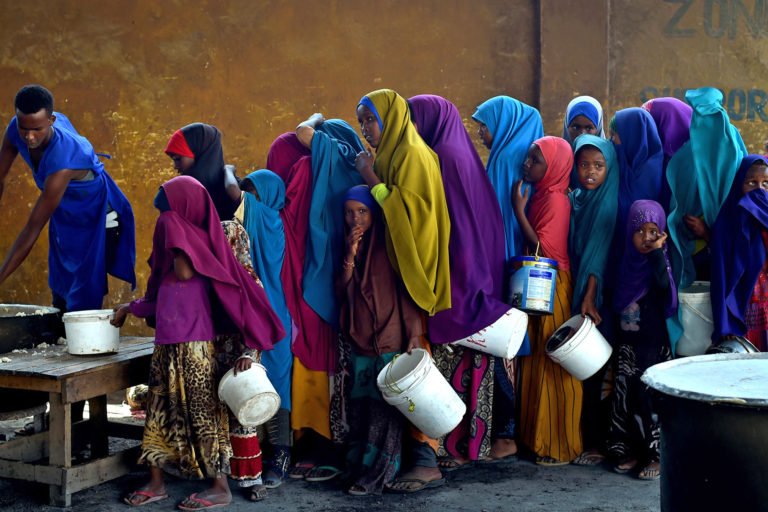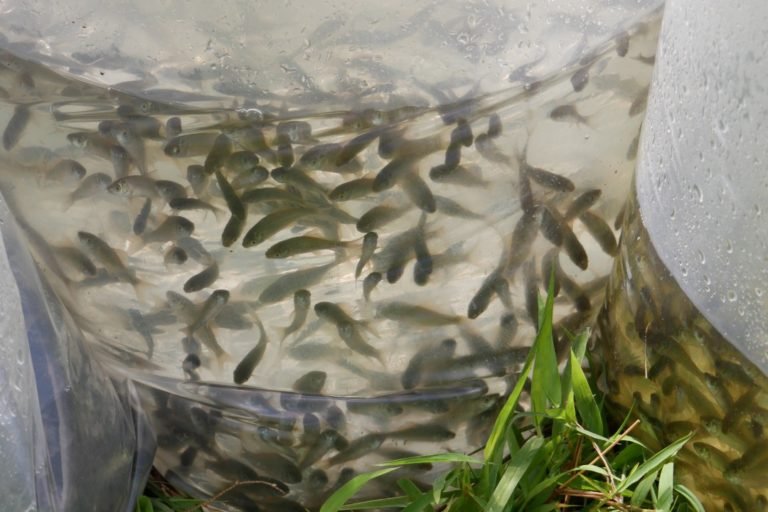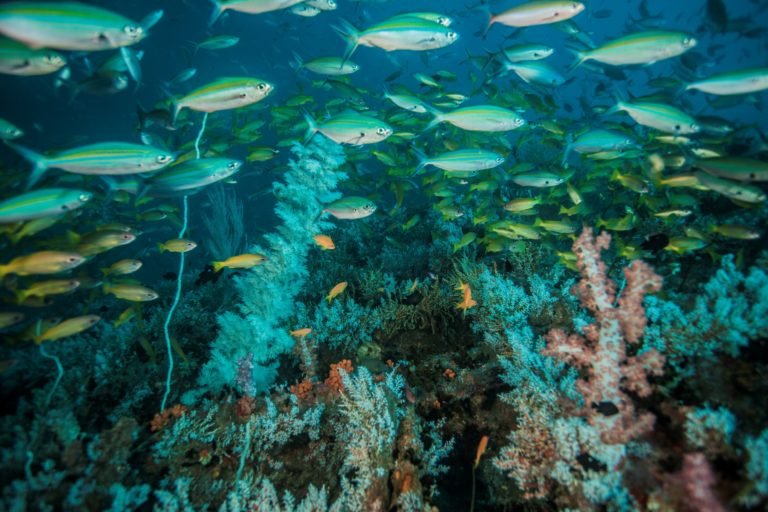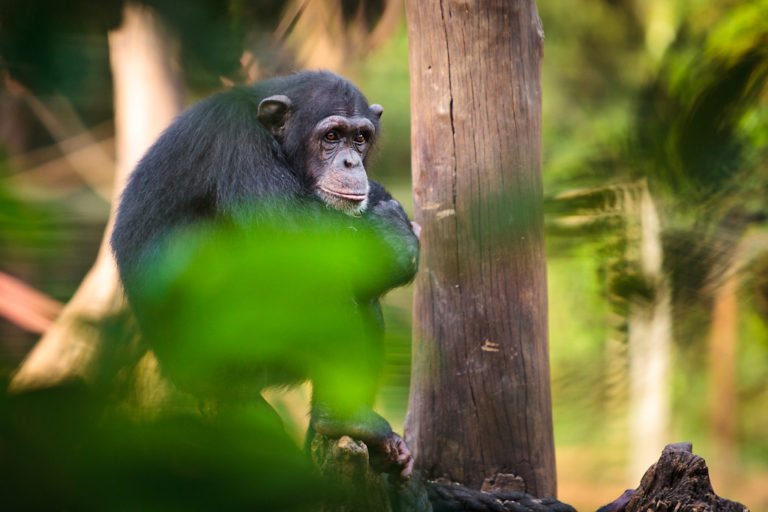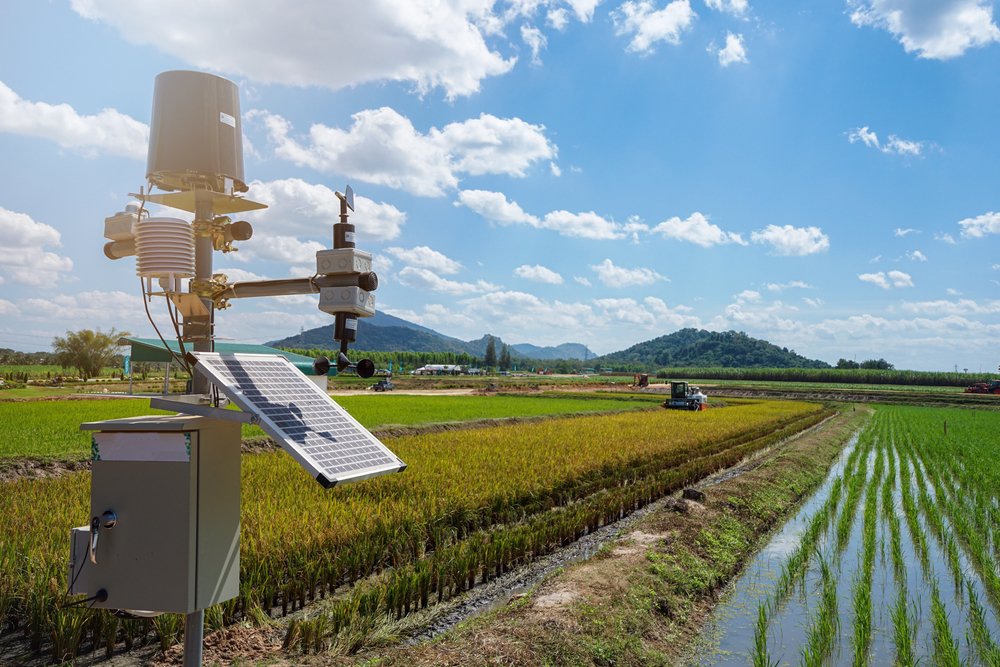- Residents of Sangihe Island in Indonesia have won a lawsuit against a Canadian-backed company planning to mine gold on their island.
- In its ruling, the court in the city of Manado declared the environmental permit issued to miner PT Tambang Mas Sangihe (TMS) and ordered the local government to revoke it.
- The judges found that the permit was issued without following the proper procedures, and that the environmental impact analysis was inadequate.
- The victory comes a month after another court, in Jakarta, rejected a separate lawsuit by the villagers seeking to have TMS’s mining contract revoked; the court said the case was outside its jurisdiction.
JAKARTA — Residents of a remote island in eastern Indonesia have won a lawsuit against a company planning to mine gold on their island, after having an earlier legal challenge thrown out on a technicality.
In the latest ruling, handed down May 22 and publicized only recently, a court in Manado, North Sulawesi province, ruled the environmental permit issued to PT Tambang Mas Sangihe (TMS) for the proposed mine on Sangihe Island was invalid, and ordered local authorities to revoke the license.
The judges found that the license issuance failed to follow the proper procedures, and that the environmental impact analysis that was carried out was inadequate.
Muhammad Jamil from the Mining Advocacy Network (Jatam), one of the lawyers for the Sangihe villagers, said the court’s verdict means that TMS no longer has a legal basis to operate and must halt its activities.
It also means the mining contract issued by the Ministry of Energy and Mineral Resources to TMS is invalid, since it’s based on the environmental permit, said Deny Karwur, an environmental law expert from Sam Ratulangi University in Manado.
“If the environmental permit is annulled, it means that other regulations that follow and are based on the environmental permit, such as the ministerial decree [on the mining contract for TMS], are also automatically cancelled based on the law,” he told local media.
TMS, however, insists its mining contract is still valid and says it will remain in operation.
Not so, says the court. Besides ordering the permit to be revoked, the judges also ordered there should be no mining activity on the ground until the license is rescinded or until the respondent in the lawsuit, which in this case it the local government’s investment agency, has exhausted all avenues of appeal.
Raynaldo Sembiring, executive director of the Indonesian Center for Environmental Law (ICEL), said the ruling and the judges’ reasoning behind it showed that the court had considered the potential environmental impact of the mining operation as well as the lack of public participation in the permit process.
“Now, we need to monitor the execution of this ruling, regardless of the respondents filing an appeal or not,” he said in a press release.
Without an immediate revocation by the authorities, mining operations could theoretically proceed for years to come, as TMS could still use the environmental permit as the basis of its operation pending revocation, according to ICEL.
Mining concession overlapping onto villages
The case centers on the operations of TMS, a joint venture between publicly listed Canadian miner Baru Gold Corp. (formerly East Asia Minerals) and three Indonesian companies: Sungai Belayan Sejati, Sangihe Prima Mineral, and Sangihe Pramata Mineral. The Sangihe Gold Corporation, a subsidiary of Baru Gold, holds 70% of TMS stock.
The mining site — at 42,000 hectares (104,000 acres), an area more than half the size of New York City — covers the southern half of Sangihe Island, overlapping with 80 villages.
Sangihe villagers say they’re worried that the mine will cause widespread destruction once it commences operation. These concerns prompted 56 female villagers to file a lawsuit against the investment agency in North Sulawesi province, where the island is located and which issued the environmental permit.
“We as women [and] housewives use water to cook and drink,” Wulandari Anjeli Manossoh, one of the plaintiffs, told local media. “If [the water] is polluted with heavy metal, our lives and the future of our children will be destroyed.”
Besides the lawsuit in Manado, the Sangihe villagers had also filed a separate lawsuit at the state administrative court in Jakarta, naming the mining ministry as the respondent, and in which they sought the revocation of the mining contract.
The new contract upgraded the company’s previous contract, which was issued in 2007 and restricted to prospecting. The new contract, issued in 2021, permitted TMS to mine gold for the next 33 years, until January 2054.
In its April 20 ruling, the Jakarta State Administrative Court rejected the lawsuit, saying it had no jurisdiction to decide the case, which it characterized as a civil matter rather than a state administrative one.
This, TMS says, means the company still has a legal basis to mine the island.
“As long as the operational mining permit of TMS isn’t annulled by the Jakarta State Administrative Court, it means that TMS is still operating legally,” company’s spokesperson Cesylia Saroinsong told local media.

Questionable environmental impact analysis
The North Sulawesi provincial government said it would appeal the Manado court’s ruling on the environmental permit, arguing that it issued the permit following comprehensive studies.
But in their ruling, the Manado judges said the mine’s environmental impact analysis, a process locally known as Amdal, wasn’t carried out according to the proper procedures. For one thing, they noted, the number of villagers who participated in the Amdal process and approved the mining activity wasn’t proportionate with the number of villagers who would be impacted by the mine.
The judges also found there had been no process to appoint representatives from the villagers as members of the commission that assesses the Amdal. The framework for the Amdal also wasn’t signed off by local authorities, and there was no evidence of any public announcement that TMS had applied for an environmental permit, which companies are required to make as part of the application process.
“The environmental permit was drafted and issued without following the right procedures,” said Anjeli, one of the plaintiffs. “The people weren’t involved. Suddenly, they [TMS] already had permits.”
Besides the failure to follow procedure, the judges also questioned the quality of the Amdal document itself. The only potentially negative impact discussed in the analysis was the use of cyanide in mining on air quality. In the trial, expert witnesses testified there were more potential environmental impacts that the Amdal should have covered, including damage to coastal ecosystems, mangroves and coral reefs.
The court also found there was no evidence to show that a laboratory analysis had been carried out on the impact of chemical use as part of the impact analysis.
All these findings raised sufficient doubt over whether the environmental impact of the mine could truly be controlled, ICEL said.
“That’s why the judges took the precautionary principle with regard to environmental protection by ordering a preventive measure in the form of annulling the object of the lawsuit [TMS’s environmental permit],” ICEL said.
Now that the Manado court has delivered its verdict, the villagers are demanding that the ruling be enforced and TMS’s environmental permit be revoked immediately, said Jan Takasihaeng, an activist with the anti-mining movement Save Sangihe Island.
“We ask law enforcers to enforce the law. The company whose permit has been annulled by the court has to have its operation stopped,” he told local media. “Don’t let it be the other way around, where [the company operation] is protected by law enforcers. If the law enforcers aren’t acting in accordance with the law, the people will take matters into their own hands.”
Banner image: Activists and locals in Sangihe island showing their opposition of mining by PT Tambang Mas Sangihe. Image courtesy of Save Sangihe Island Movement.
FEEDBACK: Use this form to send a message to the author of this post. If you want to post a public comment, you can do that at the bottom of the page.



